(CLO) Chancellor Olaf Scholz of the center-left Social Democratic Party (SPD) and his main rival Friedrich Merz from the conservative Christian Democratic Union (CDU/SCU) argued fiercely ahead of the German federal election to take place on February 23.
With just three days to go until election day, Mr Merz's CDU/CSU bloc is leading the polls, followed by the Far Right Party (AfD) in second place, while Mr Scholz's SPD is only in third place.
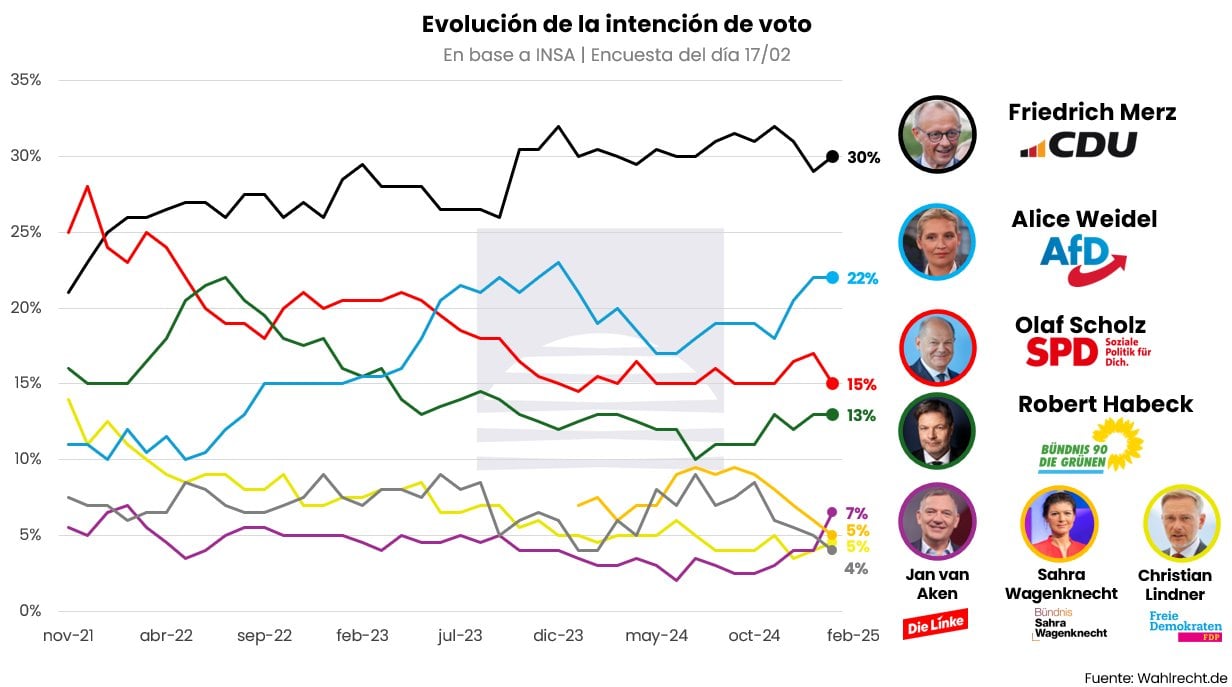
The CDU is leading in pre-election polls with 30%. Photo: Wahirecht.de
The final televised debate ended with a light-hearted question. Mr Scholz jokingly said he would be willing to get into a plane flown by his opponent, Merz, an amateur pilot, “provided his pilot’s license was real, of course”.
Merz responded that he would also agree to row with Scholz, who is a rowing enthusiast. “I am a good swimmer, so I don’t even need a life jacket,” Merz joked. Scholz stressed that he usually sets the pace in the catamaran. However, given the current polls, it is unlikely that he will continue to be the “pacemaker” in parliament from Monday morning.
However, it is not impossible that Scholz and Merz will be in a coalition government , as neither party is really dominant. However, the CDU is leading with more than 30% in the polls, making Mr. Merz more likely to become the next German Chancellor.
At its current rate, the CDU needs at least one coalition partner to form a majority. Merz has ruled out a partnership with the far-right AfD, leaving only Scholz's SPD and the Greens as viable options.
“The important thing is to win enough votes to be in a strong position, not just to head the government but to actually lead it,” Mr. Merz said confidently. “If we are far enough ahead, one partner will be enough. Then, if we have to cooperate with one of the parties that used to be in power, it will be interesting to see if they are willing to correct their mistakes and work together to solve the problem from a middle ground.”
Traditionally, the CDU has preferred a coalition with the Free Democratic Party (FDP). But the FDP is currently struggling to pass the 5% threshold needed to enter parliament. “The FDP has put itself in a difficult position,” Merz said. “I would have liked it to be different.”
Chancellor Scholz believes many voters are still undecided. “There will be no miracle in the next four days,” Merz replied. “My term as Chancellor ends on Sunday.” Asked why the CDU only scored around 30%, Merz said: “After the failure of 2021, returning to this position is not a given. I hope for a strong result so that the CDU leads the coalition without being dragged into controversy like the current government.”
The election comes amid a number of challenges for Germany: an energy crisis after Russia cut off gas supplies, soaring inflation, and the rise of far-right movements across Europe. Recent polls show deep divisions among German voters, with a large portion concerned about the economy and security, while others prioritize climate and social issues.
In addition, the collapse of the previous ruling coalition between the SPD, the Greens and the FDP has raised questions about the possibility of forming a stable government after February 23.
Cao Phong (according to DW, CNN, NYT)
Source: https://www.congluan.vn/bau-cu-duc-con-3-ngay-hai-ong-scholz-va-merz-doi-dau-trong-cuoc-tranh-luan-cuoi-cung-post335321.html































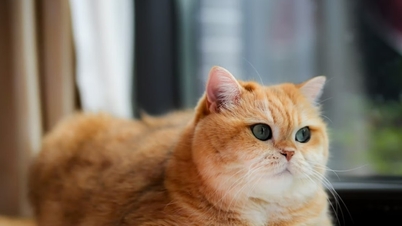









































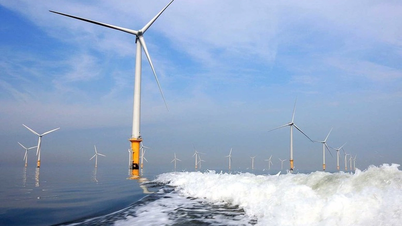












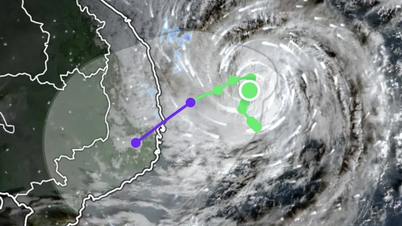






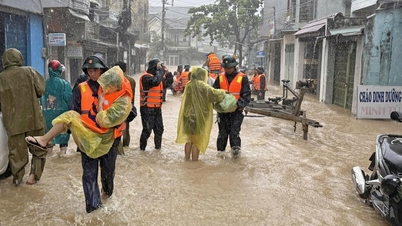
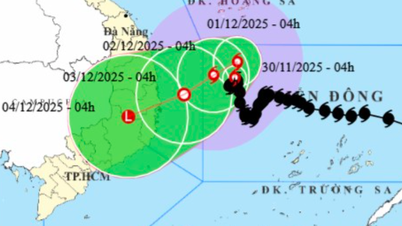














Comment (0)